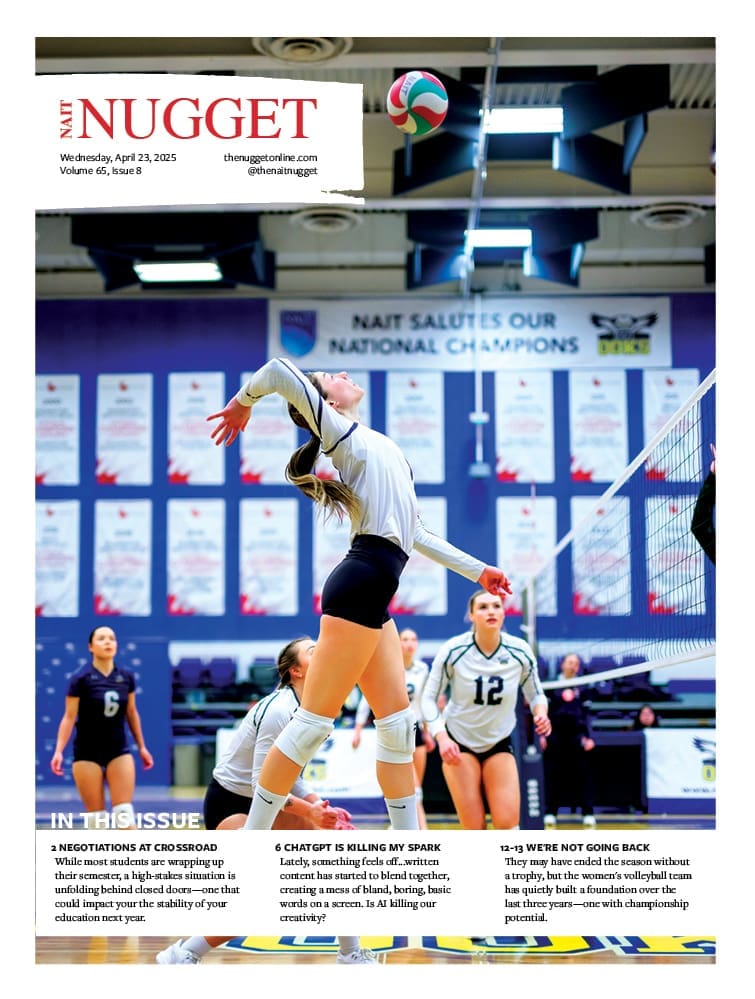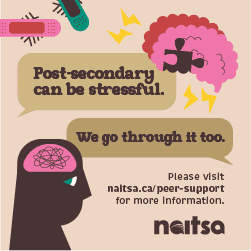I’ve always had problems taking standardized tests. I do much better in project-based classes. This is the reason I took Digital Cinema and now I’m in Radio and Television. In my old program, I kept at least a 3.4 GPA at my worst. Since switching, I’ve maintained a 4.0 GPA. But even with my good grades, I struggle with the tests our instructors throw at us.
It may not even be the test itself though; it could be the situation. I have autism, and I get overwhelmed when it comes to chaotic environments. Even silence isn’t great for me. With my sensory issues, I can hear the slightest sound in a silent room.
But it gets worse when you have to pay to take a test, like the learner’s license exam. I could tell you what every sign on the road means as we’re driving past them. I know the rules of the road. But at the age of 28, I still can’t drive because I can’t pass a standardized test to get my learner’s permit.
I’m not alone, either. In 2007, Peter Henry wrote in the Minnesota English Journal that standardized tests were being introduced too fast. At the time, instructors didn’t have enough time to learn how to integrate it into their teaching. He also argues that it’s not a valid measure of somebody’s intelligence due to varied learning styles.
Most of the programs at NAIT take a hands-on approach to teaching. Even in my program, Radio and Television, we only have a few tests, and they’re all open book. Our instructors expect you to find the answer when you’re unsure, and I prefer it that way.
As one of my instructors puts it, they “don’t expect you to regurgitate information.” They want you to admit when you don’t know something and show a willingness to learn.
A study done by Trenton Gunmeyer suggests the best way to retain information is through good instruction. When retaking high school exams, the subjects scored an average of 21% lower than they got in Grade 12. This suggests most of them memorized the material for the tests but failed to retain it later in life. As the study explained, “though often the convenient option, multiple-choice questions are not the best way to survey to determine if a student truly understands and applies important concepts and skills.”
This brings me back to the “we don’t expect you to regurgitate information” statement I’ve heard from my instructors. I learn by doing, so a lot of my work has become muscle memory. So while I know what equalization, compression and reverb do to sound, I’d have a hard time explaining it to the layman or picking an answer out of a test.
Schools from K-12 have been removing this sort of testing because of studies like the one above. Even if it works for some people, learning should be catered to the student, not to a standard. I could write an entire other article on learning styles. But that’s another discussion, for another time. This was a discussion about standardized testing and its place in the world. That is to say, it doesn’t really have one.
Cover photo via Canva






